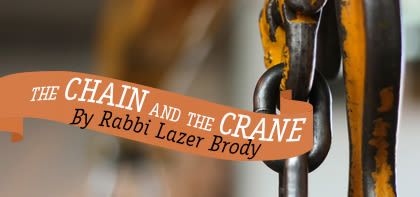
Lech Lecha: The Chain and the Crane
Why do we consider Abraham, Isaac and Jacob the patriarchs of the Jewish People? Why not Shem and Ever? They're the ones who taught Torah to Abraham...

"…and the souls he made in Haran." (Genesis 12:5).
Why do we consider Abraham, Isaac and Jacob the patriarchs of the Jewish People? Why not Shem and Ever? Abraham was descended from Shem and Ever; what's more, they even taught him Torah, for they had been learning Torah some two hundred years before he joined their Yeshiva in the Land of Canaan.[1] This was the same Yeshiva that our matriarch Rebecca frequented when she asked why she was suffering so much in her pregnancy.[2] Our forefather Jacob also learned there for fourteen years.[3] What's more, the Torah calls Shem, “Priest of the Lord Almighty”.[4] So if Shem the son of Noah was Abraham's great grandfather from nine generations before him, and Shem taught Abraham Torah, then why isn't Shem considered our premier patriarch?
The unbroken chain of Torah and tradition from generation to generation is like a tremendous crane that unloads containers from ships at port. The crane lifts a twenty-ton container in the air, carries it out of the ship, over the water and sets it down on the dock. The crane's chain is made up of massive links of iron; if  only one breaks, then the entire container falls into the water and its contents are ruined.
only one breaks, then the entire container falls into the water and its contents are ruined.
By virtue of our unbroken chain of mesora, our Torah tradition from father to son and from rabbi to pupil that goes all the way back to Abraham, Isaac and Jacob, Torah is never forgotten. Despite everything that the Jewish People have been through ever since the dawn of history, the flame of Torah and mesora has never been extinguished. Like the crane on the dock, if only one generational “link” would have forgotten Torah, then the whole “container” of Judaism would have fallen into the drink, irrecoverable.
There is a sharp contrast between Abraham and Shem. Not only did Abraham make sure that his offspring continued in Torah, he was the world's first emuna-outreach activist. He dedicated his life to teaching others monotheism, the belief in the One true G-d. He shared his Torah with the entire world and publized and sanctified Hashem' Name wherever and whenever he could. This is what the Torah refers to when it says in this week's portion, “The souls he made in Haran”; Abraham's teaching the masses about Hashem was tantamount to making their souls for he certainly revitalized the souls of the multitudes who were waning in idolatry.
On the other hand, Shem and Ever were two elders who isolated themselves in the yeshiva and took delight in the deepest secrets of G-dliness. They wouldn't turn away anyone who knocked on their door, but they were completely out of touch not only with the outside world but with their own children. While Shem and Ever were two holy men, they learned for their own pleasure and benefit while their own sons and grandsons – the interim generations between them and Abraham – were all idolators. As such, their chain of mesora was broken already with their grandsons and great grandsons Peleg, Ru, Srug and Nachor.
Our unbroken chain begins with Abraham. For that reason, we refer to ourselves as the sons of Abraham, Isaac and Jacob. We refer to Hashem and the G-d of Abraham, Isaac and Jacob. Abraham surely taught his offspring, but even more, he was concerned about the moral and ethical state of the world. He did his best to uplift people and better the world. What a shining example for us, his offspring!
Our job is to continue this magnificent chain of tradition and to joyfully pass Torah and emuna on down to our children and grandchildren to the end of time. What's more, we have a solemn commitment to make sure that everyone on this globe learns what emuna is. May we merit walking in the footsteps of our holy patriarchs, the fathers of our nation, amen!
[1] See Yalkut Me'am Loez, Parshat Noach, 263
[2] See Rashi, Genesis 25:22, “Lidrosh”
[3] Ibid, 28:9, “Achot Neviot”
[4] Genesis 14:18






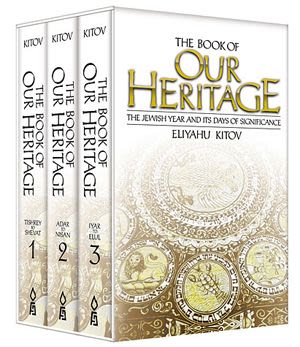
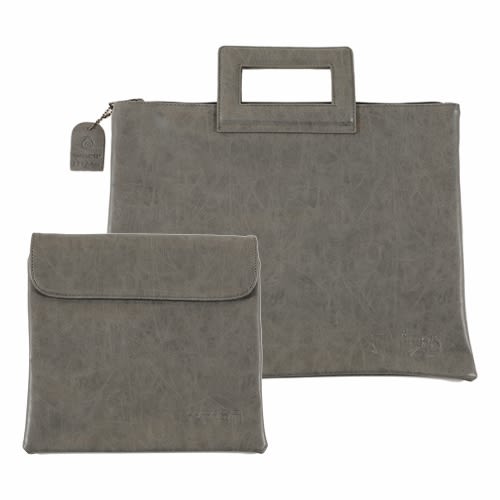
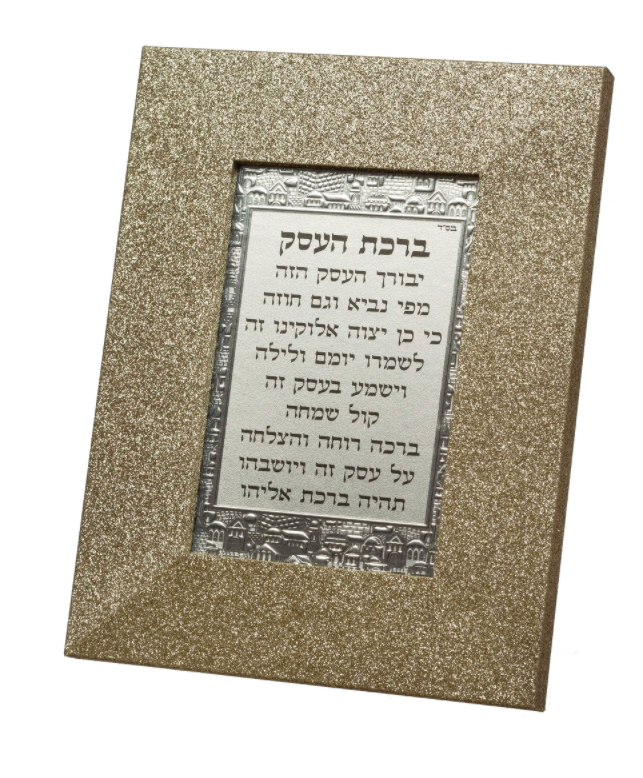
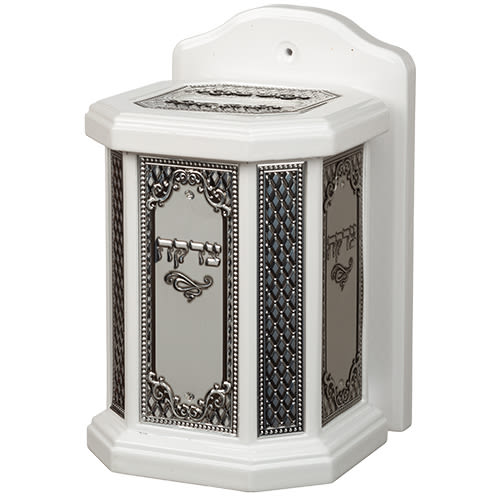

Tell us what you think!
Thank you for your comment!
It will be published after approval by the Editor.